CAN MY INSURANCE COMPANY RAISE MY RATES IF I USE MY INSURANCE IN AN ACCIDENT, EVEN THOUGH THE ACCIDENT WAS NOT MY FAULT?
One of the most frequent misconceptions I hear about Insurance Companies is that people think insurance companies have the right to raise insurance rates for whatever reason they want. That is what the insurance companies want you to believe. This makes people afraid to use the insurance policies they paid for even when they need them. The truth is that it is illegal for an insurance company in Nevada to raise your insurance rate for an accident that was not your fault. Here is the statute in full:
NRS 687B.385 Cancellation, nonrenewal or increase in premium due to claims for which insured was not at fault prohibited. An insurer shall not cancel, refuse to renew or increase the premium for renewal of a policy of motor vehicle insurance covering private passenger cars or commercial vehicles as a result of any claims made under the policy with respect to which the insured was not at fault.
(Added to NRS by 1987, 1063; A 1997, 3033)
Further, auto insurance policies that include medical pay and rental coverage are not fault based at all. You paid extra for these policies. If you don’t use them when you need them you wasted your money.
If your insurance company has raised your rate or cancelled your insurance for an accident when you were not at fault it is illegal. You should file a complaint with the Nevada Commissioner or Insurance. If this has happened to you call my office today.
DOES MY HEALTH INSURANCE HAVE TO PAY MY MEDICAL BILLS IF I HAVE BEEN IN AN AUTO ACCIDENT?
I often hear people tell me that their Health Insurance Company gave them the impression that they don’t pay for Hospital and medical bills if you have been in an automobile accident. This is false. The insurance companies want you to think you are not covered so they don’t have to pay your bills. The truth is it does not matter if you were in an accident or not. Health insurance still has to pay for covered events and procedures such as ambulance and Hospital bills. Your health insurance company may require you to fill out what is known as a subrogation claim form. What this means is that under Federal law known as the Employee Retirement Income Security Act of 1976 (ERISA) http://www.dol.gov/dol/topic/health-plans/erisa.htm. Your Health Insurance company may be entitled to place a lien for reimbursement against any recovery you may receive in your auto accident claim. In other words your health insurance may take part or all of your settlement as reimbursement for what they paid.
However, it is my advice that you should always use you health insurance to pay your hospital and ambulance bills. Why? Because Health Insurance Companies are able to negotiate a discount rate for services with covered providers such as Hospitals that no one else can get. They literally pay pennies on the dollar. If you pay full price at the Hospital, the bill is going to be many times higher. In most cases you will recover much more in your pocket by using your health insurance.
“FULL AUTOMOBILE INSURANCE” USUALLY MEANS YOU HAVE THE MINIMUM COVERAGE
I don’t know how many times I have heard from people that they have great insurance “full coverage”. Unfortunately, “Full coverage” does not mean what they think it means. These people are then shocked to find out that the coverage their insurance agent sold them is the minimum insurance policy limits that the State of Nevada allows. Nevada requires that automobile liability insurance policies carry minimum coverage of $15,000 for bodily injury or death of one person in any one accident; $30,000 for bodily injury or death of two or more persons on any one accident; and $10,000 for injury to or destruction of property of others in any one accident. So if they purchased the state minimum they are “fully covered” under Nevada law. Of course It is possible to purchase more coverage protection than the minimum level of coverage required. Liability insurance coverage protects you only if you are liable for an accident and pays for the injuries to others or damages to their property. It does not provide coverage for you, your passengers, or your property. Property Damage coverage is also available but is a separate coverage and is not required by law. Unfortunately $15,000 in coverage does not even buy you one day of treatment in a Hospital for a serious injury. To find out what your policy limits are check your declarations page or call your agent and ask. Always ask how much your policy limits are when you are buying insurance. If the agent tells you that you have “full coverage” make sure you ask them how coverage limits you have. Make sure to shop around when buying insurance. I offer free insurance policy reviews for current and existing clients. You can call me at 382-9307. You can also get information about auto insurance from the Nevada Division of Insurance.
IN NEVADA CAN MY LAWYER LOAN ME MONEY IN A PERSONAL INJURY CASE? PAY MY LIVING EXPENSES? COMPENSATE ME FOR LOST WAGES? OR ADVANCE ME FUNDS BEFORE SETTLEMENT? SHORT ANSWER. No way.
But I can help you get a loan from a lending company, if you absolutely need it.
It is illegal and unethical for a lawyer to loan money to a client. Any attorney loaning money to clients puts their law license at risk. Nevada Rules of Professional Conduct Rule 1.8(e) states:
(e) A lawyer shall not provide financial assistance to a client in connection with pending or contemplated litigation, except that:
(1) a lawyer may advance court costs and expenses of litigation, the repayment of which may be contingent on the outcome of the matter; and
(2) A lawyer representing an indigent client may pay court costs and expenses of litigation on behalf of the client.
This means that the State Bar of Nevada does not permit attorneys to advance funds to non-attorneys in the form of loans to their own clients. While a lawyer may pay litigation expenses or fees related to a case, a lawyer may not loan money in order for a client to keep his or her case moving forward.
However, there are lending company’s that will loan you money on your personal injury case. I never recommend taking loans against personal injury cases. Why? Because they usually cost a lot of money at high interest. Keep in mind these loans are usually secured only by the injury case. The lender is taking a gamble. If you do not win your case the lender may never get paid. I understand that sometimes people have no choice but to take a loan. Clients are free to make that decision and I will approve a loan on an injury case as long as the client is fully informed. You should be aware that once you take a loan against an injury case the lender will file a lien with the attorney. This means that the loan must be repaid out of any settlement or verdict. If there is a dispute the funds must remain in the trust account until the dispute is fully resolved. Some lending company’s are more reasonable then others. I keep a list of loan company’s that I consider more reasonable (that does not mean they are inexpensive). in Nevada, an attorney may refer a client to a third party lender for the purpose of obtaining a loan where counsel has some reasonable assurance that the lender will not impose unreasonable or impermissible terms on the client borrower. See, e.g., State Bar of Nevada Comm. on Ethics and Professionalism Formal Op. No. 29 (Aug. 7, 2003).
The bottom line here is that it is your case and if you need a loan I will help you get one. However be forewarned, it is going to be expensive. Further, if you are not careful loans can get out of control and make it more difficult to settle your case.


